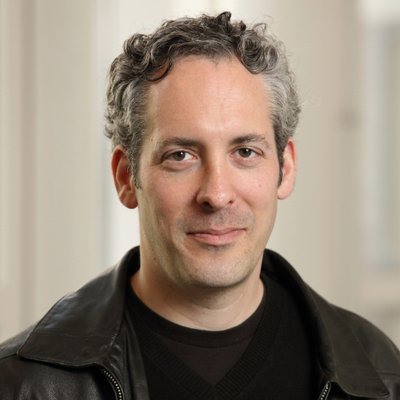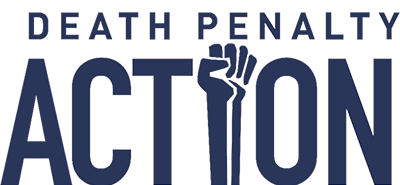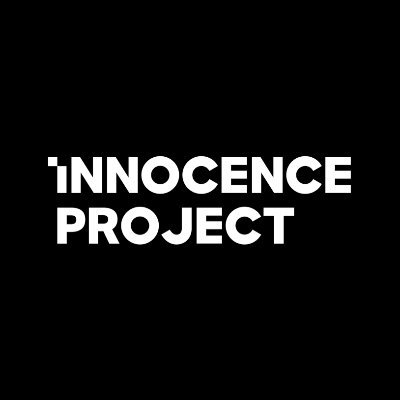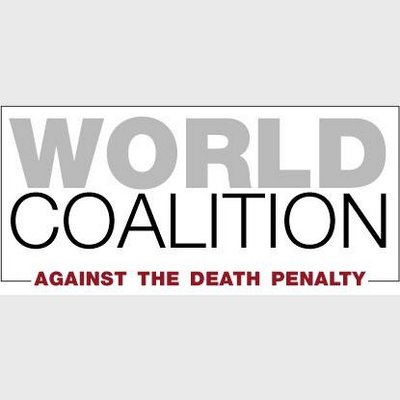It is not often that someone can remember their first encounter of a major political issue, let alone an eight-year-old, but I vividly remember my first exposure to the death penalty. My first memory and questioning of the death penalty served as a catalyst for cultivating a sense of activism and intellectual freedom.
It was November 10, 2009. My family and I were doing our quotidian routine of watching the CBS Evening News. As I was watching, something caught my eye. Katie Couric was speaking and in the top right, there was a man in a blue prison jumpsuit. The man’s name was John Allen Muhammad (also known as the Beltway or D.C. Sniper). I do not remember what the news said word for word, nor do I remember if I knew what the word executed meant but I just remember catching on to the fact that the government was going to willingly kill him. I thought this was strange and confusing. I was baffled by the fact that the government had the power to take away someone’s life. In total shock, I asked my parents, “So they can just kill him?” They said yes. For as long as I could remember, I always thought that killing was wrong; this bewildered me. I distinctly remember starting to feel uneasy and wanting to challenge the system responsible for this. After that, I knew about the death penalty and could never bring myself to be in favor of it. Even in high school and college, my opposition remained.
That episode of CBS Evening News affected me and still affects me to this day. In my sophomore year of high school, I took an art class devoted to social issues. Members of the class were supposed to choose a social issue to research and do an art project about it. Immediately, I thought about that time on November 10, 2009 — how distraught I felt at the thought of an omnipotent government taking a life away just to make a vindictive statement rather than using its power to promote progress. This time I explored the death penalty at a more comprehensive level, researching facts rather than simply relying on feeling. I began to learn about various fallacies of the death penalty such as the possibility of innocence and exoneration, potential racial bias, and I found multiple sources that refute the claim that a life sentence costs more than capital punishment. Eleven years later, I still remain passionate about this issue because I believe the United States should no longer perform the irrevocable act of execution just to make an unnecessary hypocritical statement. As the government resumes federal executions, including the federal execution of Orlando Hall this week on November 19 , I urge us to learn the dark reality and statistics of the death penalty in the United States.
ADDITIONAL RESOURCES:
For more quick reading and to further your education, I recommend starting with these sources:
Facts about the Death Penalty | DPIC
Accounts to follow on Twitter:

Scholarly Journal Article:
Anckar, Carsten. “Why Countries Choose the Death Penalty.” The Brown Journal of World Affairs, vol. 21, no. 1, 2014, pp. 7–25., www.jstor.org/stable/24591027. Accessed 16 Nov. 2020.
Written by a Desmond Tutu Peace Lab member.








